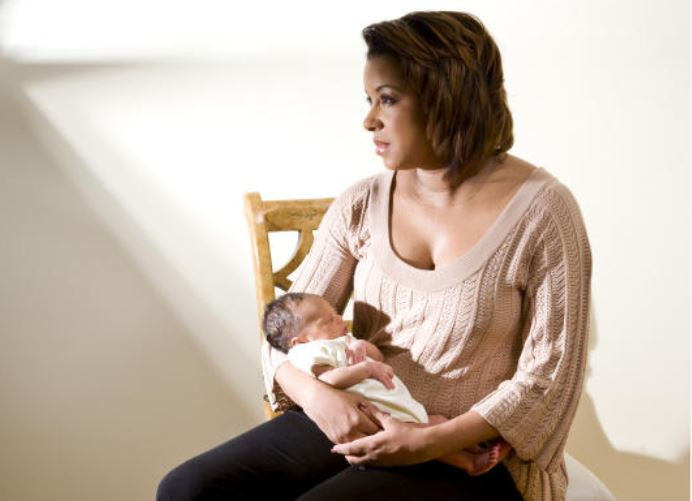
Colon and rectal cancer are both known as colorectal cancer and are the third most popular type of cancer in both men and women. Colon cancer is very common and most of its signs are usually overlooked.
The symptoms of colorectal cancer entirely depend on the location of the cancer and how advanced the cancer is, and how much it affects the tissue and organs.
Sometimes the symptoms of colon cancer do not show until the cancer has advanced and the signs can be missed during its early stages. Doctors recommend that one should start getting colon cancer screening at the age of 50.
These are the most common signs and symptoms of colon cancer.
1. Sudden unexplained weight loss
Sudden weight loss can be a sign of different illnesses including bulimia and colon cancer. When you lose a lot of weight in six months or less without knowing the reason, this can be a sign of something bigger and serious.
The cancer cells take up a lot of the body's energy and the immune system also a lot of energy while fighting the cancer.
The cancer cells release substances into the body that tend to change the way food is converted into energy which can result in weight loss.
If a tumour that is in the colon gets big enough, it blocks the colon and the blockage affect bowel habits leading to the sudden weight loss.
2. Weakness and fatigue
Fatigue can easily be confused with being tired as people have a lot of things going on for them these days and one can easily feel run down and overwhelmed by everything.
If the exhaustion persists even after resting it can be fatigue. Apart from colorectal cancer, fatigue can be a sign of heart disease, anaemia or diabetes.
3. Consistent abdominal cramps
A lot of people have abdominal pains at some point in their lives and they can seem like a minor thing like any other symptoms.
Even though abdominal cramps are a common symptom for noncancerous conditions like haemorrhoids, abdominal pains that are most recent and very severe and last long can be a sign of cancer.
Even though colon cancer occurs in the large intestines it affect bowel habits and this can lead to bloating, abdominal pains and cramping.
4. Blood in stool
Blood in your stool can be an early warning sign for rectal or colon cancer. You may notice bright red spots in your stool and at times they may not be visible to the naked eye. How severe the symptoms are depends on how advanced the disease is and its location.
Stool can also be black or very dark which signifies the presence of dried blood.

5. Bleeding of the rectal
Bleeding in the lower colon or rectum is what causes rectal bleeding and is a common symptom of colon cancer.
When you notice red or pink water or bright red blood on the toilet paper after a bowel movement, these could be signs of rectal bleeding.
Rectal are usually associated with haemorrhoids which many times prevent early cancer diagnosis.
Any bleeding from the rectum should be reason for one to see the doctor immediately.
6. Changes in bowel habits
Colon polyps are small clumps of cells found on the lining of the colon that can develop into cancer with time. When the polyp turns into cancer, it affects the bowel habits due to the slow growth of the tumour which then produces the symptoms of colon cancer.
When you notice a change in the frequency of your bowel movements and your stool becoming thinner, this could be a sign of colon cancer.
7. Change in consistency of stool
Colon cancer hinders the large intestines from performing its duties smoothly like getting rid of body waste and absorbing water and nutrients.
Sudden changes in the consistency of your stool could mean that something is not right. Having watery stool, constipation, diarrhoea and loose stool could be an early sign of colon cancer.
 The Standard Group Plc is a multi-media organization with investments in media platforms spanning newspaper print
operations, television, radio broadcasting, digital and online services. The Standard Group is recognized as a
leading multi-media house in Kenya with a key influence in matters of national and international interest.
The Standard Group Plc is a multi-media organization with investments in media platforms spanning newspaper print
operations, television, radio broadcasting, digital and online services. The Standard Group is recognized as a
leading multi-media house in Kenya with a key influence in matters of national and international interest.










